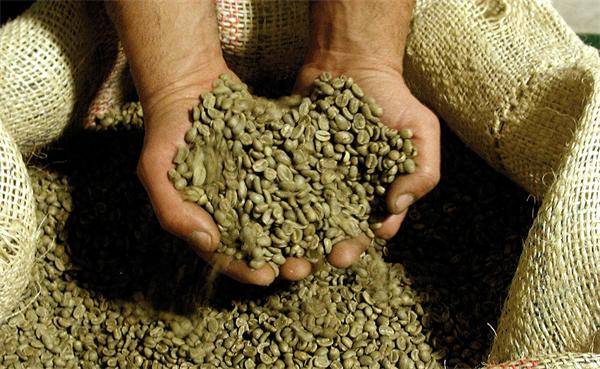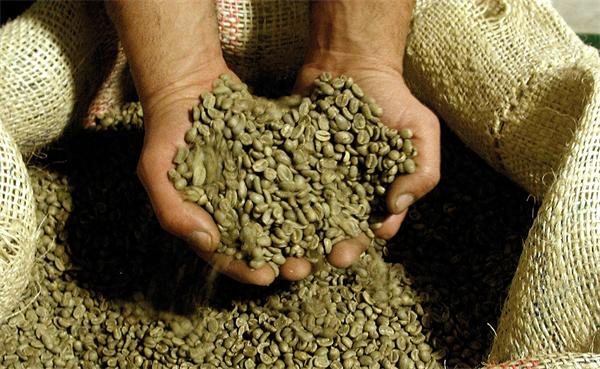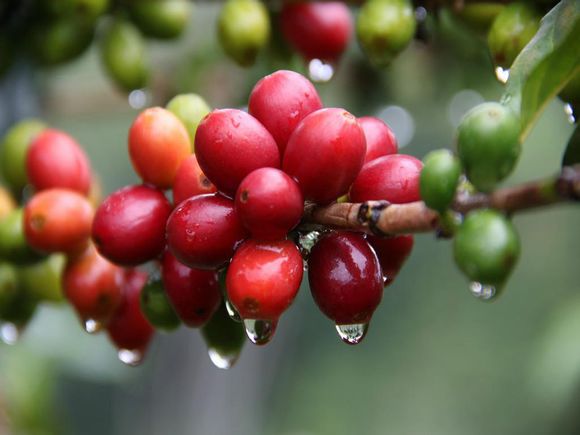Ethiopian sun-dried aricha Yega snow coffee G1 sugar-free boutique black coffee
Most of the refining methods of Yirgacheffe are water washing (washed), which is fermented and shelled in the washing tank for about 72 hours and dried directly outside the plant. After the raw beans are manually selected and qualified by the Ethiopian Coffee Cocoa Management Agency, they are traded and exported through competitive bidding. Its annual output is about 225000 bags (each bag of 60kg). In the past, it was mainly sold to Northern Europe (mainly Germany) and Japan, and recently it has gradually attracted the attention of North America.
In Ethiopia's coffee grading system, washing Grade 2 and dry Grade 4 are the highest grades, so there was only Yirgacheffe WP G2 on the market in the past.
Note: Yirgacheffe G1 is a grade specially made by Mitsubishi of Japan to Ethiopia Coffee&Tea Authority. It first appeared on the market in 2002-03. The method of producing G1 grade beans is not the same as the general screening, but from the raw beans in the Knoga area with the highest elevation and good soil in Yirga village, which is strictly hand-selected. The size of the raw beans is almost the same, the appearance is quite beautiful, and there are almost no defective beans, and it is more likely to show the characteristics of Yirgacheffe after drinking. Also because of the strict production process, the annual production of Yirgacheffe G1 is very rare, with an average of about 600 bags.
This batch is produced at the Kebel Aricha processing plant, where there are about 650,700 small coffee farmers who send ripe coffee berries here for processing in exchange for cash. After the treatment plant selects the available berries, they are directly exposed to the sun on the scaffolding and are turned every 2-3 hours in the first few days to prevent overfermentation. After four to six weeks of sun exposure, the workers will scrape off the outer pulp with a machine according to the weather and temperature, and then transport it to addis for storage. Usually, sun-treated beans are stored in the form of shell beans, and they are not shelled until they are exported to ensure the quality of raw beans. This batch of Sunshine Eriga is rated as G1 by ECX. It is excellent in appearance, consistency, freshness, dry aroma and flavor of raw beans. You can't miss those who like bright acidity and strong berry flavor.
Flavor description: light fermented wine, jujube, sweet orange tone, dark berries, litchi, carambola, peach, peach, longan jujube, honey sweet, cocoa with a hint of spice, body thick and lasting

Important Notice :
前街咖啡 FrontStreet Coffee has moved to new addredd:
FrontStreet Coffee Address: 315,Donghua East Road,GuangZhou
Tel:020 38364473
- Prev

Ethiopia Ethiopia Yega Snow Coffee Sun-baked Arabica Bean Fine Coffee
Ethiopia Yeka Coffee Country: Ethiopia Grade: G1 Origin: Yeka Coffee Altitude: 1900-2100 m Treatment: Sun-cured Variety: Native Species Producer: Kebel Aricha Flavor: Light Fermented Bouquet, Sweet Orange, Spice, Sweet Honey Today Ethiopia is an important coffee producer with about 12 million people engaged in coffee production.
- Next

Arabica beans Rwanda Arabica beans characteristic washed bourbon boutique coffee
Recently got a batch of African Rwanda beans, frankly, before the Rwanda (Rwanda) coffee is not very impressive, but through the movie "Rwanda Hotel" (Hotel Rwanda), the drama of the 1994 Rwanda massacre can not be erased. But after a careful taste of Rwanda bourbon, I think it tastes really good and is worth recommending. In recent years, the country has made efforts to achieve racial reconciliation.
Related
- Guji coffee producing area of Guji, Ethiopia: Humbela, Shakiso, Wulaga
- What is the most expensive variety of Qiloso in BOP multi-variety group?
- How to store the coffee beans bought home?
- Why are Yemeni coffee beans so rare now?
- Ethiopian Sidamo all Red Fruit Sun Sun Santa Vini Coffee beans
- SOE is mostly sour? What does it mean? Is it a single bean? what's the difference between it and Italian blending?
- Is Italian coffee beans suitable for making hand-brewed coffee?
- How to choose coffee beans when making cold coffee? What kind of coffee beans are suitable for making cold coffee?
- Just entered the pit to make coffee, what kind of coffee beans should be chosen?
- Can only Japan buy real Blue Mountain Coffee? What are authentic Jamaican Blue Mountain coffee beans?

